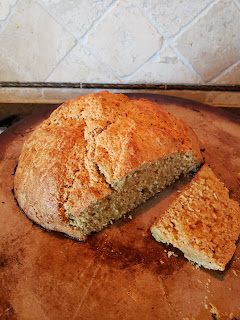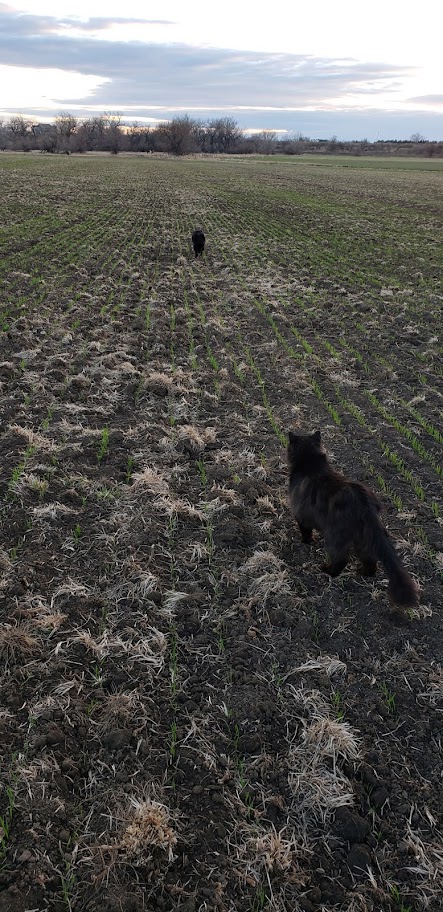Did you know that refined flour has up to 90% of fiber, lysine, minerals, phosphorous, potassium, and magnesium removed? That is because refined flour is from a roller mill, which strips away most of the bran and germ, basically creating a refined starch product! The graphic below (sources, Whole Grains Council and S.W. Souci) shows the difference between true whole wheat flour which is the entire wheat kernel vs refined. The yellow bars represent enriched flour (basic vitamins are added back in). The advantages of roller milling over whole grain milling are efficiency, better shelf life (the bran and germ have oils that begin to oxidize when milled), and better rising qualities in bread. The disadvantage is that 75 to 90% of key nutrients are removed. It's no wonder that whole grains and cereals no longer are the base element of the food pyramid - we really aren't eating whole grains any longer. This is even true for whole wheat flour in the store, almost all of which is from a roller mill - it has a lot of the bran and germ removed and may have preservatives added to be shelf stable. A small home grain mill (about $150 for a good used WonderMill/WhisperMill on ebay) might be a great investment. When roller mills came into common use over 100 years ago, there was backlash from British medical society. In 1924 medical doctor Charles Edward Shell wrote to the British Medical Journal, "When the steel “roller flour mill” were introduced into this country from America a vital injury was inflicted on our national well-being….[the flour] lacks the proteins, fat, vitamins, and mineral constituents present in the original grain, providing only an emasculated substitute which is not merely inefficient, but also directly harmful. For a dietary overloaded with starchy material produces fermentation and flatulence : it favours the development of an abundant intestinal flora embarrassing to the digestive economy, burdensome to the gastro-intestinal organs, and favourable to the free development and increased virulence of such pathogenic microbes as may obtain access to the intestinal tract." (Shell 789). More info at https://wholegrainscouncil.org/
Popular posts from this blog
White Sonora and Clark's Cream are the nearest that we offer to all purpose flour. If your family is not too excited about bread from whole wheat flour, White Sonora might be a good one to try! Mild flavor as opposed to the more robust flavor of Red Fife for example. Sifting/removal of some of the bran can provide an even lighter texture. Oh, and it's on sale, 30% off most White Sonora items. Some history - White Sonora is one of the oldest wheat varieties in North America. Documented to exist near Sonora, Mexico in the 1700s but likely predates that time. The predominant wheat in California in the early and mid 1800s, was used by Norman Borlaug for the Sonora 64 semi-dwarf variety, which was one of the first Green Revolution wheats. Unfortunately, Sonora 64 led to the demise of Sonora Wheat. White Sonora Soda Bread pictured below. Pottery by very talented daughter Emily. Mud and Sage Ceramics, @mudandsage




Comments
Post a Comment